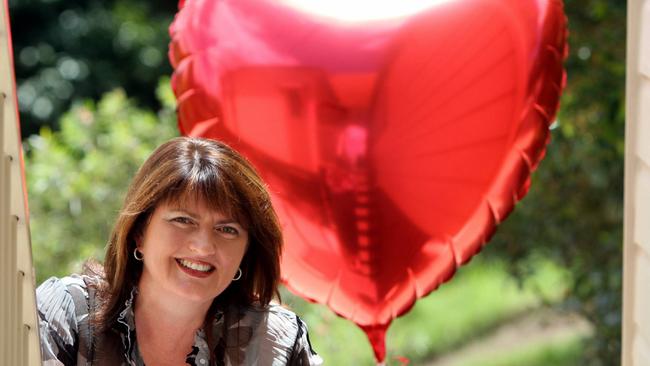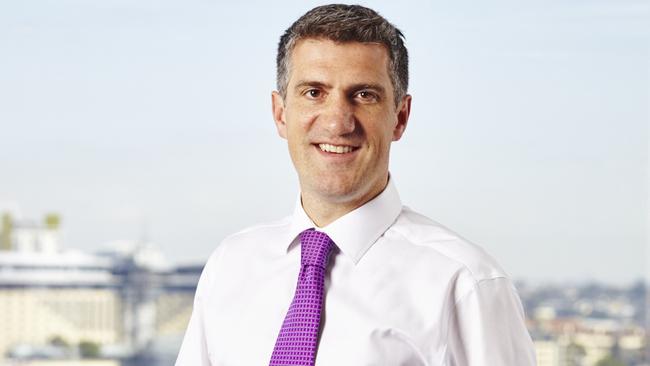Being disloyal to your bank pays off financially
BEING loyal to your partner or footy team counts for a lot — but when it comes to money, infidelity is often the top way to get the best deal.
Costs
Don't miss out on the headlines from Costs. Followed categories will be added to My News.
SHOWING as much loyalty to your bank as you do to your partner or football team could be bad for your hip pocket.
Sticking with a bank or insurer just because your family has always used the same company is no reason to hang around if you want to ensure you’re always paying the best rates.
Being unfaithful is often the way to save money.
We asked the experts why it pays to be disloyal when it comes to your financial products.
LOYALTY DOES NOT PAY
Changing financial institutions like the wind and cherry picking products from various financial institutions is often the way to win the best interest rate or reduce fees.
“Never be complacent” when it comes to finances, AMP financial planner Dianne Charman warns.
“We ask our clients every year to check on everything,” she says. “Ask yourself if you are still happy with the service you are getting. Is it still competitive?
“You may look around and see a product that’s cheaper but the service may not be as good and sometimes it may not be worth moving just for the sake of a few dollars.”

On home loan products the difference in variable loan rates is mammoth — ranging anywhere from 3.85 to 6.11 per cent — according to data from financial comparison website Canstar.
So loyalty on the mortgage front may end up costing you thousands of dollars extra on your loan if you don’t move to a better rate.
And when it comes to plastic, consumer watchdog Choice’s spokesman Tom Godfrey says, “it pays to be disloyal to your bank especially if it’s a big bank”.
“Many people have a credit card with the same bank that they have other accounts or their home loan with even though they’re often more expensive products,’’ he says.

TALK TO YOUR BANK
Before you move any of your financial products it pays to talk to your existing institution, ING Direct’s executive director of customer experience John Arnott says.
“Always talk to you bank, it’s almost like doing an annual health check,’’ he says.
“There will always be better headline deals on the table ... but what’s important is customers see through this and see through the total value.”
He says the bank’s existing customers work as its “marketing machine” — one in three ING everyday transaction account customers have moved across to the bank in the past year after being referred by family or friends.

EASE OF SWITCHING
Depending on which products you are changing, whether it be a bank account, home loan, or an insurance product there’s often someone else to do the grunt work for you.
Mortgage brokers can help you switch lenders and will be keen to do so because they earn commissions by getting your business.
Switching day-to-day financial products often involves you doing your own research and then challenging your existing provider to match the best deal.
But don’t le a bit of shopping around put you off, says Charman.
“Be selfish, are you getting what you want by having everything with one bank?’’ she says.
A bank switching program dubbed “tick n flick” was introduced four years ago allowing customers wanting to move their everyday transaction account from their old institution to a new bank without them having to do the dirty work.
The process smoothly shifts all a your direct debits and credit from the past 13 months which makes switching a cinch.
Originally published as Being disloyal to your bank pays off financially



